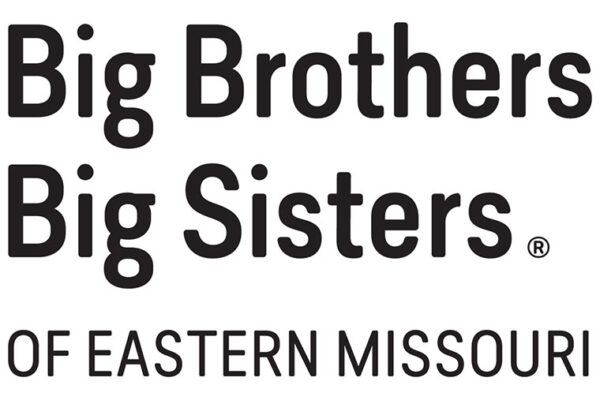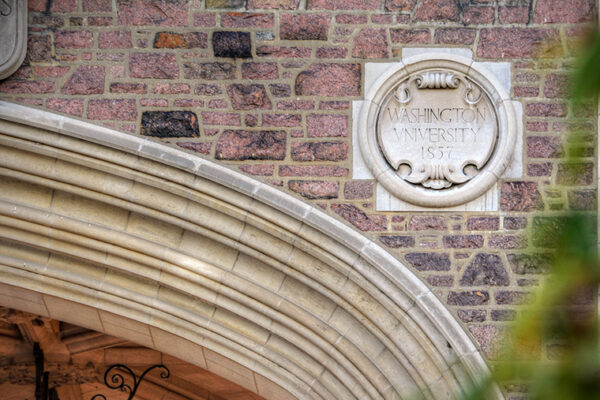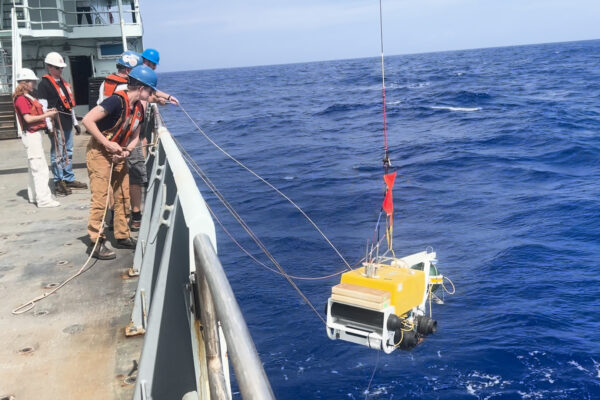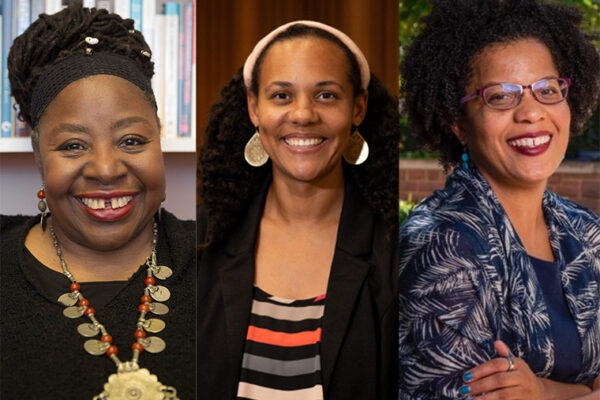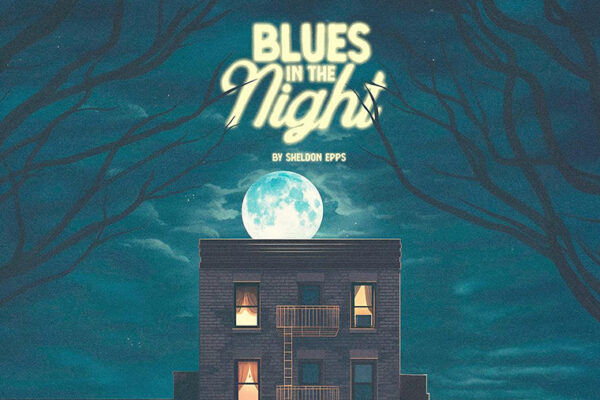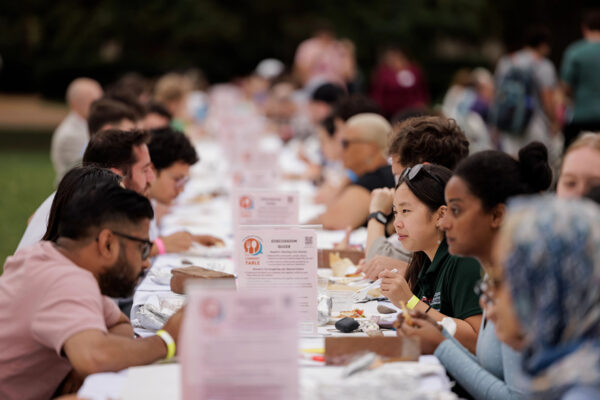Harnessing the immune system to heal spinal cord injuries
WashU Medicine researchers have designed, in mice, an approach to minimizing the damage from a spinal cord injury through the use of engineered immune cells.
WashU partners with Big Brothers Big Sisters of Eastern Missouri to support students
WashU has launched a new partnership with Big Brothers Big Sisters of Eastern Missouri to support high school students in the organization’s Big Futures college readiness initiative.
WashU scientists uncover hidden source of snow melt: dark brown carbon
Researchers at the McKelvey School of Engineering are the first to quantify the effect of dark brown carbon on snow melt.
Board of Trustees establishes ad hoc committee to review policies, procedures on maintaining an open campus
The Board of Trustees of Washington University in St. Louis is establishing an ad hoc committee to review university policies and guidelines governing on-campus protests and demonstrations. Emeritus Trustee William B. Pollard III is chair of the committee.
New support for WashU startups, St. Louis region
The WashU Venture Network Follow-on Investments is a joint effort between WashU’s Skandalaris Center for Interdisciplinary Innovation and Entrepreneurship and the “In St. Louis, For St. Louis” initiative.
Field Notes: South Pacific
WashU earth scientists in Arts & Sciences are mapping Earth’s interior and analyzing lava rocks from a volcanic hotspot near the islands of Samoa.
A conversation with Loretta J. Ross
Loretta J. Ross will be the featured speaker for “Reflecting on Reproductive Justice,” a three-day public symposium hosted Sept. 5-7 by WashU’s Reproductive Justice, Health, Rights working group in Arts & Sciences.
Sam Fox School fall Public Lecture Series begins Sept. 9
Architect Mimi Hoang, urban planner Toni Griffin and artist Josephine Halvorson are among the internationally renowned creative professionals who will discuss their work for the Sam Fox School’s fall Public Lecture Series.
Black Rep launches 48th season with ‘Blues in the Night’
The Black Rep will launch its 48th season with Sheldon Epps’ beloved musical revue “Blues in the Night.”
WashU community invited to civic dialogue event, meal
A civic dialogue event, The Longest Table, is returning to WashU this fall with a new location and a new topic of conversation. On Thursday, Sept. 5, the Gephardt Institute for Civic and Community Engagement will welcome students, faculty and staff to Brookings Quadrangle to share dinner and to discuss the upcoming election.
View More Stories

